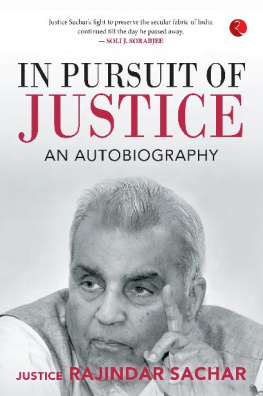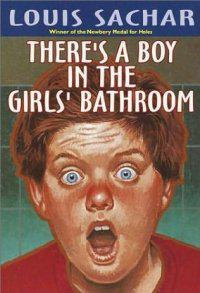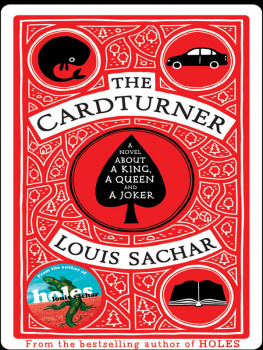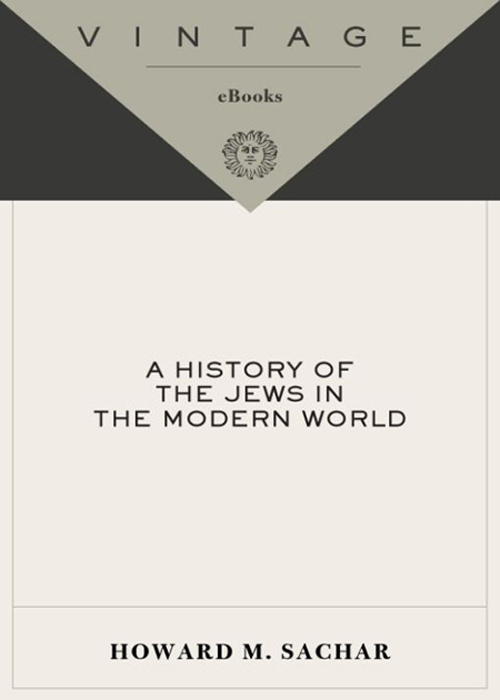
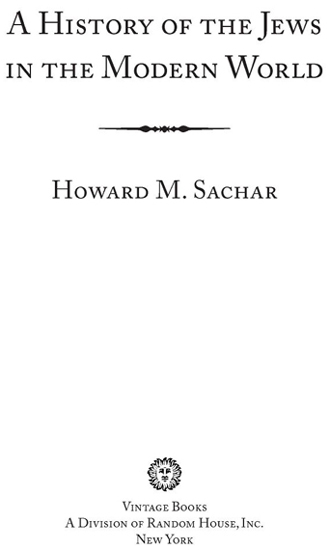
Table of Contents
For Talia
A Note About Style
Although proper names have been rendered for the most part in their native spellings, readers will note occasional asymmetries. This is by design, in an effort to avoid confusion, or at least irritation. Who remembers Prussias King Frederick II (the Great) as Friedrich II? Conversely, who encounters Imperial Germanys Kaiser Wilhelm II as William II? Or Austrias beloved Emperor Franz Josef as Francis Joseph? Native spellings have been used for a majority of Russian names, yet it would similarly be counterproductive to list Tsar Nicholas as Tsar Nikolai, Tsar Alexander as Tsar Aleksandr, Alexander Kerensky as Aleksandr Kerenski, or Leon Trotsky as Lev Trotski.
By the same token, the Hebrew (or Yiddish) chet, pronounced from the back of the palate, often is transliterated as ch, as in the Hebrew proper name Chaim. While Chaim actually has been left intact, due to universal reader familiarity with Chaim Weizmann, the chet otherwise is spelled with an h. This simplifies usage for such terms as Hasidim, Halutzim, and Hovevei Zion.
In short, the rule of thumb in nomenclature has been to select familiarity over consistency.
Foreword
During the past half-century, the scholarship devoted to modern Jewish history has grown exponentially. Indeed, few peoples of such limited numbers have evoked a comparable effulgence of research and publication. There is logic in the seeming imbalance. Notwithstanding their modest demography, the Jews have functioned not simply as the anvil for the hammers of other, larger, and more powerful nations. They have generated a formidable musculature in their own right. Whether in economics, politics, culture, diplomacy, or even warfare, their role over the past three centuries looms strikingly out of proportion to their attenuated critical mass.
In chronicling the modern fate and fortune of the Jews, I have made every effort to give appropriate attention to the rise of Zionism and the Jewish National Home in Palestine. Nevertheless, the reader will observe that the State of Israel is not discussed in this volume, except in its relationship specifically to Jews living beyond Israels frontiers. The omission is deliberate. The history of an independent nation deserves independent treatment.
A predecessor of this volume, The Course of Modern Jewish History, was published in 1958. While the matrix of that earlier work resembles the structure of this one, the similarity ends there. I venture to hope that my authorial judgment over the ensuing decades, like the discipline of Jewish historiography itself, has matured sufficiently to profit from the extensive research and self-sacrifice of others. It requires only a glance at the enclosed bibliography to grasp the magnitude of my debt to authorities in the field. Some of my fellow historians have read draft chapters of this book and have generously offered their corrections and suggestions. I am most grateful to Professor Michael Berkowitz of University College, London, for his commentary on material relating to antisemitism. At my own institution, George Washington University, colleagues deserving of warm thanks are Professor Muriel Atkin, for chapters relating to Tsarist Russia and the Soviet Union; Professor R. Emmett Kennedy, for issues relating to France; Professor Andrew Zimmerman, for chapters dealing with Germany; Professor Robert Paul Churchill, for material relating to modern European philosophy; and, assuredly not least, Professor Marc Saperstein, for chapters ranging from Jewish intellectual and religious developments to the Holocaust.
Mr. Michael Whine, director of Englands Community Security Trust, has been an indispensable source of information on the circumstances of contemporary Anglo-Jewry, even as Rabbi Andrew Baker, director of International Jewish Affairs for the American Jewish Committee, has graciously facilitated my contacts with agencies and institutions in Jewish communities worldwide. Special mention here must also be made of Dr. David Ettinger, social science research director at the George Washington University Library, for help in tracking down foreign titles; and of Ms. Ann Kort, who volunteered her extensive editorial experience to proofread my manuscript. I include herewith the authors customary exoneration of others responsibility for the books errors.
It is no longer possible to thank the many scores of individuals who contributed to my earlier publishing efforts, and in the process enriched the database and influenced many of the conclusions of this one. Nevertheless, ongoing relationships deserve ongoing acknowledgment and gratitude: to Ms. Jane Garrett of Alfred A. Knopf, my friend and forbearing editor of over thirty-six years; and to my co-researcher and intellectual muse of more than forty-one years, Eliana Steimatzky Sachar, my wife.
HMS
Kensington, Maryland
June 7, 2004
I
The Jew as Non-European
A TREMULOUS MINORITY
In the eighteenth century, a majestic silhouette of battlements and spires greeted the traveler who made his way down the valley of the lower Main River. It was the profile of Frankfurt, one of the four remaining free cities of the Holy Roman Empire, and one of the German worlds three most important commercial entrepts. Frankfurts cobblestoned streets teemed with movement, with shouting hucksters, bawling cattle driven in for sale and slaughter, rattling vegetable carts pushed along to market, paunchy burghers and weather-beaten farmers arguing the cost and quality of produce. But as the traveler continued down the main Sachsenhuser Bridge into the citys principal business center, pausing occasionally to sample the wares in shops and pavilions, stalls and warehouses, he found his way barred by the Brheimertor, a large wooden gate demarcating still another townlet within the larger urban area, a ganglion of twisting alleys, ramshackle storefronts and cramped apartment structures. The gates solitary entrance, guarded by an armed warden, suggested that a prison community may have been locked inside. The notion was not entirely far-fetched. The little enclosure was the Judengasse, the ghetto of the Jews.
The ghetto of Frankfurt-am-Main, and comparable enclaves in scores of other towns and cities throughout West-Central Europe, evinced a central fact of Jewish life well into the Modern Era. This was the Jews indeterminate status as non-Europeans. It is fair to speculate, then, whether the Jews were foreigners or interlopers. Were they voluntary immigrants newly arrived from other lands or continents? Or had they been transported to Europe as captives, as African slaves had been imported to the New World? None of these descriptions would have been apt. The Jews were neither recent slaves nor recent immigrants. Most, rather, were descended from ancestors who had lived on European soil for many hundreds of years, in some instances as far back as the Roman Empire. In the German world, their settlement traced back at least to the eleventh century, and in Frankfurt itself to the twelfth century, when some two hundred Jews took up residence in the squalid little encinture beyond the Brheimertor. Even this initial settlement in Frankfurt was intermittently curtailed. In the fourteenth century, the citys inhabitants, and those of other German communities, were ravaged by the bubonic plague. Afterward, it became the custom to attribute the Black Death to the Jews, the wizards, the devils, who had survived the epidemic in inexplicably greater numbers than their neighbors (possibly owing to Judaic hygienic regulations). In their fear and rage, local populations in ensuing years hurled themselves into a succession of anti-Jewish massacres. Those Jews who escaped Christian mobs fled eastward, most of them ultimately to settle in Polish and other Slavic territories.
Next page

